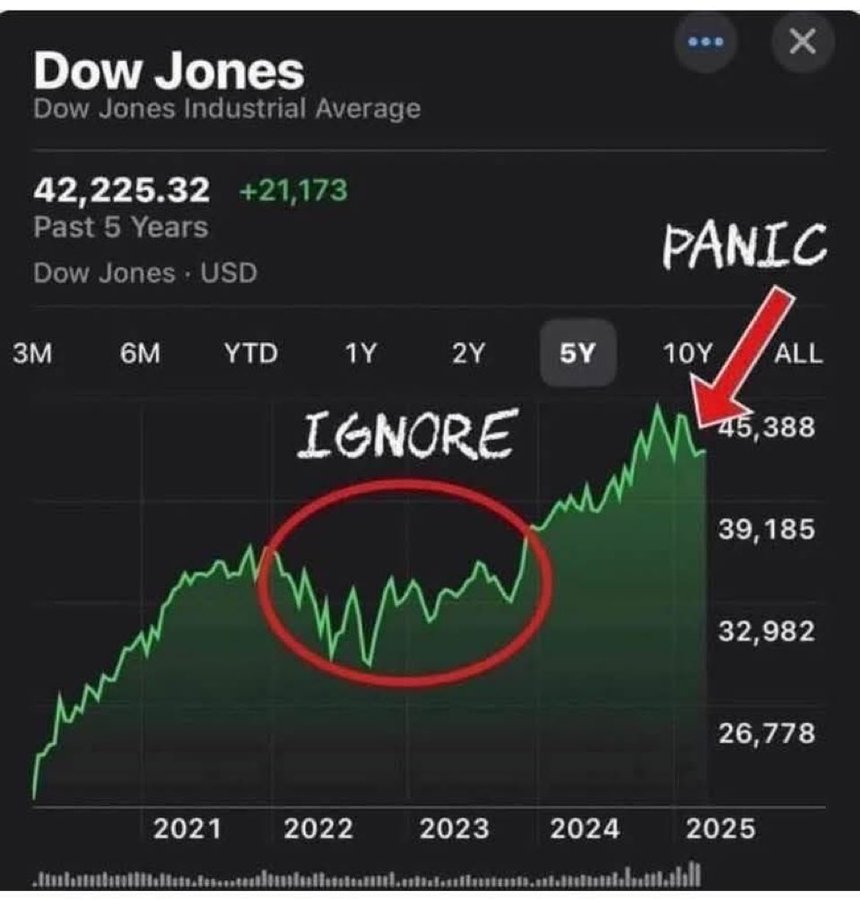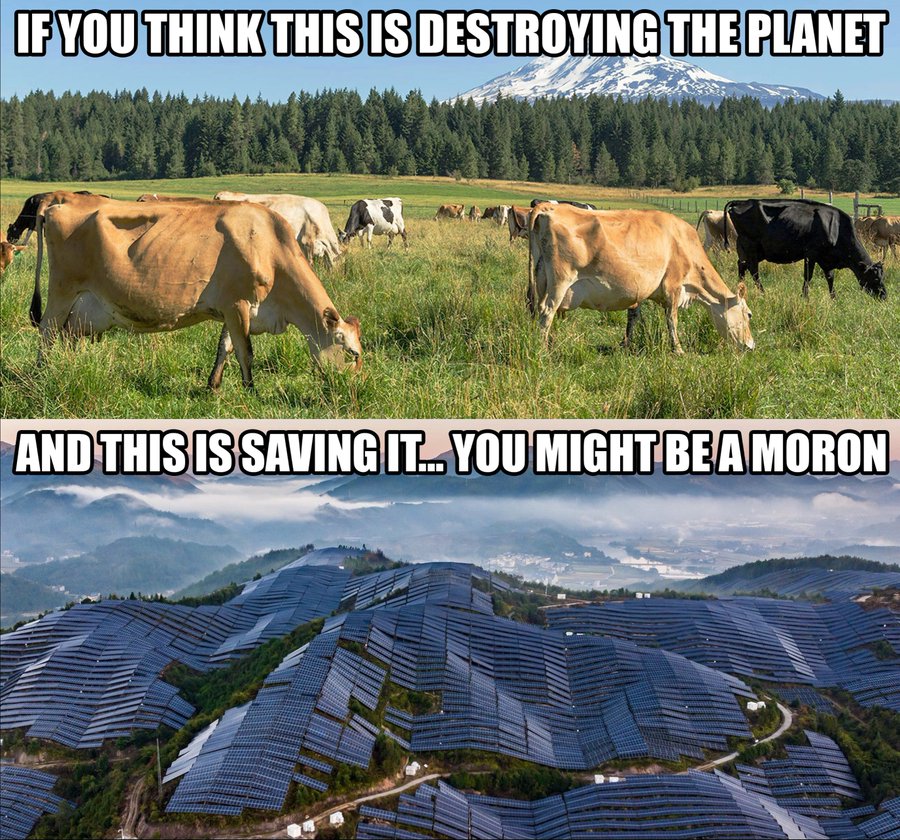Harris-Biden inner circle have almost no business experience — no wonder Americans are hurting
In her one and only interview of the presidential campaign, Kamala Harris claimed she is “very proud” of the economy she and Joe Biden have presided over for almost four years.
Her rosy view of their management of inflation echoes Biden’s tone-deaf boasts about what a great job he’s done, while Americans struggle to pay for groceries.
“I’m very proud of the work that we have done that has brought inflation down to less than 3%,” Harris told CNN last week.
Considering they inherited an inflation rate of 1.4%, and their reckless spending propelled it to a peak of 9.1% in June 2022, that’s not exactly something to boast about.
Harris said she is “proud” of the Biden administration’s record on the economy. Will Lanzoni/CNN
Biden and Harris ignored warnings that the $1.9 trillion “American Rescue” spending package would overstimulate the economy at precisely the wrong time, just as we were emerging from pandemic lockdowns in March 2021.
Their reckless disregard of economic reality turbocharged consumption and drove inflation to 40-year highs.
But at least Harris had the sense not to declare Bidenomics a “success” when prompted to do so by interviewer Dana Bash.
“There’s more to do,” she admitted. “But that’s good work.”
What exactly that “good work” would entail is a mystery, considering Harris still doesn’t have a single policy on her website, refuses to do interviews like a normal candidate, and is relying on compliant journalists to walk back her most whacky ideas.
But what policies she has divulged so far are not promising: Soviet-style price controls to address food inflation — which she attributes to “price gouging” — and $25,000 handouts to first home buyers which will simply push up the price of real estate are two of her brain explosions.
In her embarrassingly brief CNN interview, to which she insisted on bringing wingman Tim Walz for emotional support, Harris muttered something vague about an “opportunity economy” being her “day one” priority.
But nobody has a clue what she means. One way of assessing how a Harris presidency would affect the economy is to look at the economic competence of her advisers and other administration personnel, many of whom are likely to play a role if she is elected.
Alarmingly, a new report titled “Amateur Hour” from the Committee to Unleash Prosperity shows that most of the administration’s top officials have zero experience in business.
Economists Stephen Moore and Jon Decker have analyzed the work records and résumés of the top 66 officials who deal with economic policy, regulation, commerce, energy and finance and found 58 percent have virtually no business experience.
That includes Biden, Harris and Vice Presidential nominee Walz, none of whom has worked off the public teat. (A dubious tale Harris once told about working at McDonald’s while in college doesn’t count.)
Moore and Decker found that the average business experience of administration appointees is only 3.1 years and the median years of business experience is a big fat zero.
“The vast majority of the Biden-Harris economic/commerce team members are professional politicians, lawyers, academics, community organizers, or government employees.”
Only 12% of Biden-Harris appointees have extensive business experience, defined as 10 or more years in the private sector.
“Amateur Hour” is an update of a similar report Moore and Decker produced in 2022, but this time they have focused on six of Harris’ economic and finance advisers and found they have a “disturbingly low level of business/finance background . . .
“The total number of years of business experience for these top six staffers was 14.
“They combined for an average of 2.3 years and, once again, the median was zero years.”
Only one of the top six Harris appointees, her chief of staff, Lorraine Voles, had extensive business experience and only two had any business experience at all.
The average business experience of Biden-Harris appointees is well behind the record of President Donald Trump’s cabinet officials during his last year in office, who had an average of 13 years of business experience.
A new report from the Committee to Unleash Prosperity found that most of the Biden-Harris administration’s top officials have little to no business experience. Ron Sachs – CNP for NY Post
“If history is any guide, it is likely that if Kamala Harris is elected president, many if not most of the Biden top officials will have positions of power in her administration — though possibly in different appointments and agencies …
“Based on the personnel that Harris has surrounded herself with, we would expect a continuation of the anti-business agenda that we have seen under Biden — and perhaps worse.”
Without management experience or economic competence, key officials in the administration have bungled their portfolios.
The authors single out Transportation Secretary Pete Buttigieg, the former small town mayor of South Bend, Indiana, who has presided over a $6 billion program to build half a million electric vehicle stations — which has produced fewer than 20.
The report highlighted Transportation Secretary Pete Buttigieg’s failure to build promised electric vehicle charging stations. Ron Sachs – CNP for NY Post
Energy Secretary Jennifer Granholm, the former Michigan governor, “has had a hard time with reporters even citing very basic energy statistics that calls into question her familiarity with the critical national energy issues she is overseeing.”
Granholm has said that she doesn’t have “a magic wand” to deal with rising gasoline and home heating costs, but her department has “helped kill vital pipelines and energy production and drilling facilities that could [help] alleviate the crisis.”
Secretary of Health and Human Services Xavier Becerra, a lawyer with little business or health care experience “botched the billion-dollar program for free COVID testing kits and has de-emphasized treatments for COVID that could have saved lives.”
Many Biden-Harris officials seem to be more interested in pursuing progressive social policies objectives than in expanding the economy, the authors say.
Neera Tanden, the head of the Domestic Policy Council, career experience is solely in political campaigns and nonprofits. AP Photo/Susan Walsh, File
For example, Lail Brainard, Biden’s choice as vice-chairman of the Federal Reserve Board, “wants climate change and gender equity issues to be concerns and priorities of the nation’s central bank [and] wants banks to stop lending to oil and gas companies.”
Phillip Jefferson, an economist at Davidson College, is now Vice Chair of the Federal Reserve Board with no private sector experience. “This might explain why the Fed has failed in its mission over the past four years to keep inflation low and the dollar stable.”
Neera Tanden, who heads the administration’s Domestic Policy Council, has spent her entire career working for political campaigns and nonprofits.
Moore and Decker point to a few exceptions, such as Biden’s newish chief of staff Jeff Zients, who has over two decades of experience in venture capital, tech, and health care, and Secretary of Commerce Gina Raimondo, who worked for 11 years as a successful venture capitalist.
Secretary of Commerce Gina Raimondo recently claimed she wasn’t familiar with the Bureau of Labor Statistics’ downward revision of its recent jobs report. Ron Sachs – CNP for NY Post
However, Raimondo beclowned herself last month when she told ABC News she wasn’t “familiar” with the Bureau of Labor statistics downwards revision to its latest jobs report of a staggering 800,000 jobs. Raimondo tried to claim it was “misinformation” from Trump.
Doubling down on the administration’s progressive proclivity for wealth redistribution, higher tax rates on the rich, more regulation, more social welfare and climate-centric energy policies, a President Harris is a bleak prospect for the country’s economic wellbeing.
Polls show most Americans believe the economy is headed in the wrong direction, but there’s no hope on the horizon if she wins.





